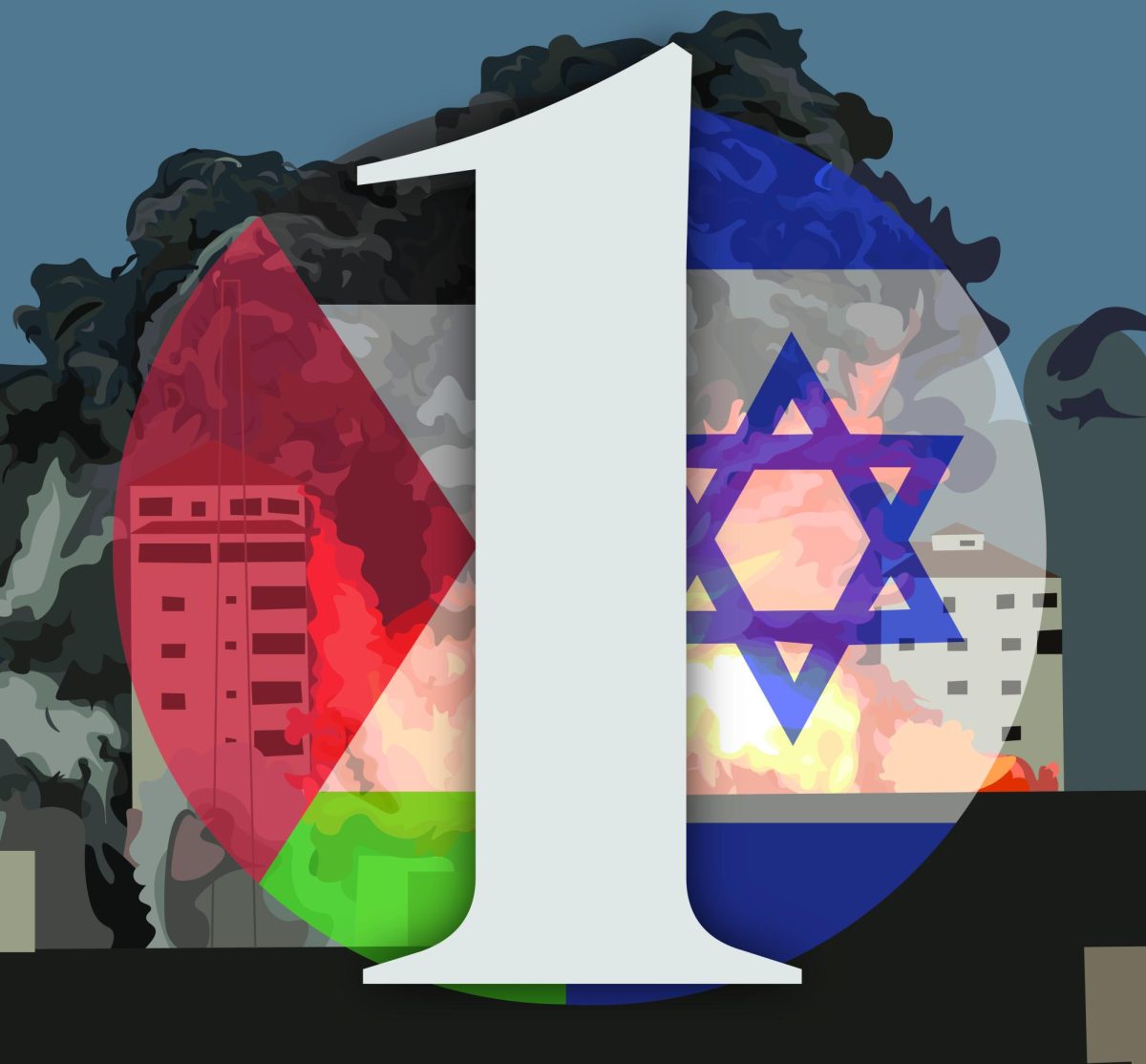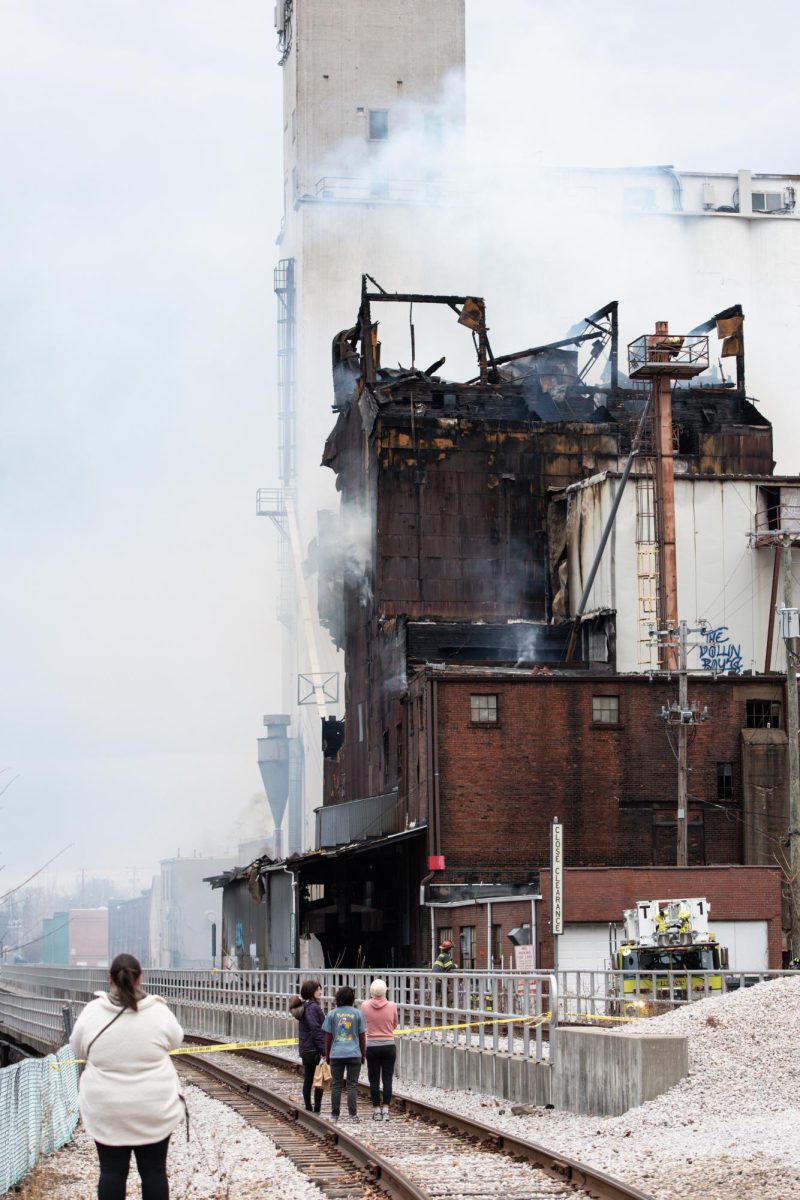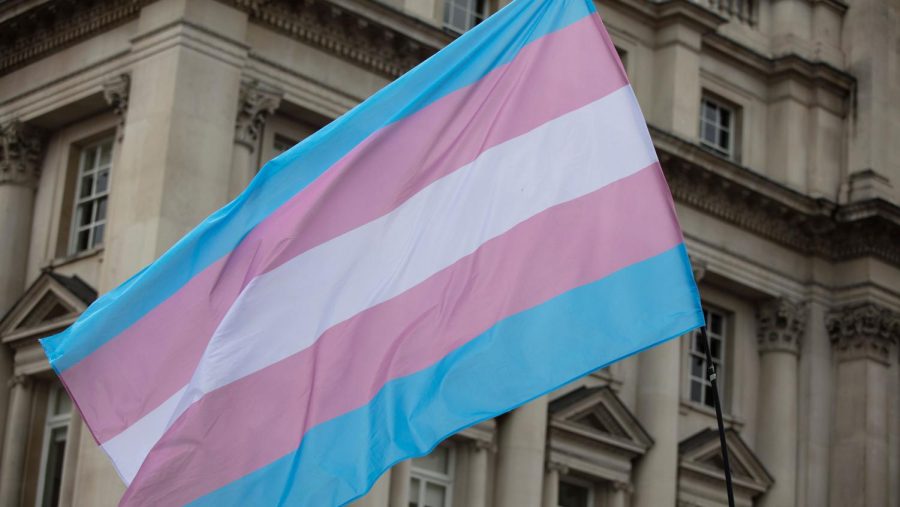It has been nearly one year since Israel declared its war on Hamas after an intense attack on Oct. 7, 2023.
The dispute over the Holy Land where the state of Israel resides is a decades-long conflict between the Israelis and Palestinians. As it has continued to surge over the past year, the death toll has reached 40,000, according to CNN.
On Oct. 7, 2023, Hamas militants launched attacks into Israel from the Gaza Strip, killing over a thousand people. Hamas also took over 200 Israeli and foreign hostages. After this, Israel announced itself in a state-of-war and directed a siege of Gaza, which has cut off necessities for Palestinian refugees who have lived there for generations.
Parker Heller, a sophomore business major and president of Students Supporting Israel, said the war hits home for him because three of his family members were in Israel on that day.
“They were in a bomb shelter for a while,” Heller said. “When you have actual family in Israel when Hamas is killing people randomly and raping women, it’s really scary.”
Heller said he wants the war to end but does not know the likelihood of it.
Israel has killed Hassan Nasrallah, leader of Hezbollah, who has reportedly targeted citizens in both Israel and Palestine. Heller said that this was beneficial as it removed a threat, but there still cannot be resolution without cooperation from Hamas.
“I think if Hamas gives the Israeli hostages back it will end,” Heller said, “but Hamas does not want the war to end.”
As the one year anniversary of Oct. 7 approaches, a new phase of the war begins. In recent days Israel has expanded its war efforts to Lebanon, according to the Associated Press, leading to fears of a greater humanitarian crisis.
“I think this conflict has dragged on for too long,” said Kate Skeldon, a sophomore English student. “No more people should have to die because of this.”
While United States policy favors a two-state solution, President Joe Biden’s administration has still refrained from starting new negotiations since the escalation of the conflict, according to the Council on Foreign Relations.
The U.S. has also pushed legislation making over one hundred arms transfers and providing $12.5 billion to Israel while, at the same time, providing humanitarian aid to Palestinian civilians in Gaza.
“America keeps funding, they keep giving Israel money, and it’s prolonging the situation because it’s giving them more fuel,” Skeldon said.
Katey Berry, junior political science major and president of Jewish Voices for Peace, said the conflict has brought her frustration because she feels there is a lack of movement toward a solution.
“We’re trying to work toward a ceasefire,” Berry said. “We’re trying to work toward getting the Israeli government to stop doing what they’re doing, but then you basically have them also starting a war in Lebanon.”
Berry said that support for Palestinians and criticism of the Israeli government during the war has been judged without context and has been misconstrued as antisemitism.
Although there can be feelings of loneliness due to the war and varying opinions, Berry wants other Jewish students on campus to know that there is a place for them, especially within organizations.
As of September, over 90 hostages taken by Hamas remain unreleased and near daily strikes continue.
Heller said his support for the State of Israel does not come at a cost to Palestinians.
“People assume Israel doesn’t care about innocent Palestinian civilians, which is not true at all,” he said. “We care about innocent Palestinian civilians, we just don’t like Hamas.”
Many politicians and officials in the U.S. and other countries support a cease-fire deal that would release hostages taken by Hamas last year and force Israeli troops out of Gaza. Although negotiations are never impossible, both Israel and Hamas will need to come to what some see as an increasingly unlikely political compromise for a cease-fire deal to work.
Ari Collins is a reporter. Contact her at [email protected].







